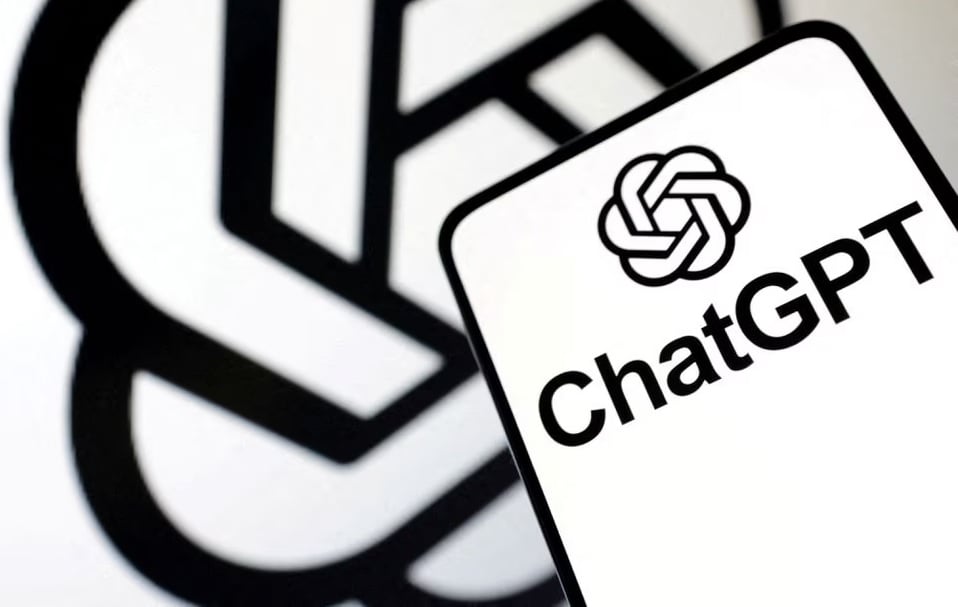Brian Hood, who was elected mayor of Hepburn Shire, 120 km from Melbourne, last November, has been concerned about his reputation after ChatGPT referred to him as a convict in a foreign bribery scandal involving a subsidiary of the Reserve Bank of Australia in the early 2000s.

Photo: Illustration
Mr. Hood worked for Note Printing Australia, a subsidiary of the company, but was the one who informed authorities about the bribery of foreign officials to win the banknote printing contract and was never charged, according to his lawyers.
The lawyers said they sent a letter of concern to ChatGPT owner OpenAI on March 21, giving OpenAI 28 days to rectify the misinformation or face a defamation lawsuit.
Lawyers say OpenAI, based in San Francisco, has yet to respond to Hood's legal letter. If Hood sues, it could be the first time someone has sued the owner of ChatGPT over the content generated by this rapidly evolving artificial intelligence model.
Microsoft has also integrated ChatGPT into its Bing search engine since February. James Naughton, a partner at Hood's law firm Gordon Legal, told Reuters: "This could be a landmark moment in the sense that it's applying this defamation law to a new area of artificial intelligence."
Defamation damages in Australia are typically capped at around A$400,000 (US$269,360). Lawyer Naughton said Hood didn't know the exact number of people who accessed the false information about him – a factor determining the fine – but the nature of the defamatory statements was serious enough for him to claim A$200,000 in damages.
This lawsuit, if it goes ahead, would also damage ChatGPT's reputation for potentially spreading misinformation due to its lack of citations in responses. Naughton stated, "It's difficult for anyone to know what's behind the information it provides and understand how the algorithm arrived at that answer. It's very opaque."
Hoang Hai (according to Reuters)
Source




![[Photo] Prime Minister Pham Minh Chinh attends the Conference on the Implementation of Tasks for 2026 of the Industry and Trade Sector](/_next/image?url=https%3A%2F%2Fvphoto.vietnam.vn%2Fthumb%2F1200x675%2Fvietnam%2Fresource%2FIMAGE%2F2025%2F12%2F19%2F1766159500458_ndo_br_shared31-jpg.webp&w=3840&q=75)

































































































Comment (0)